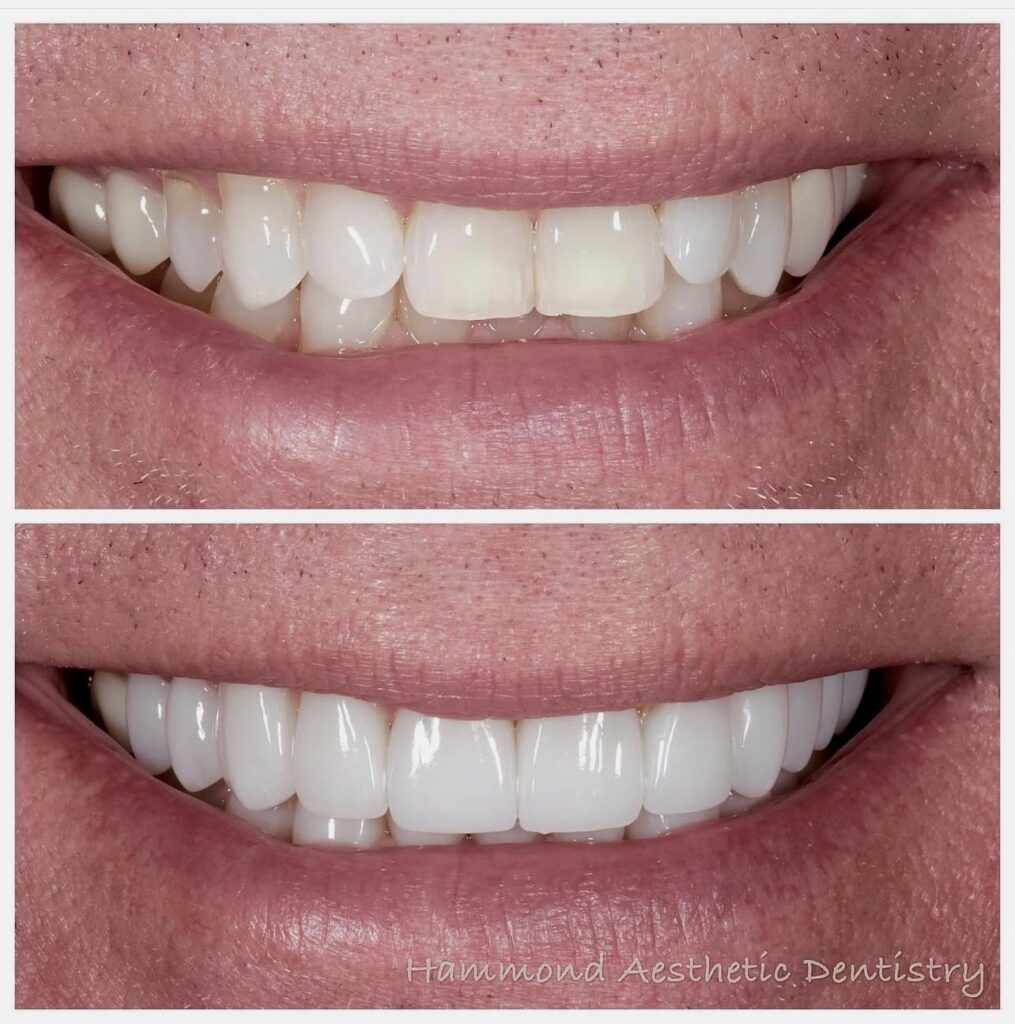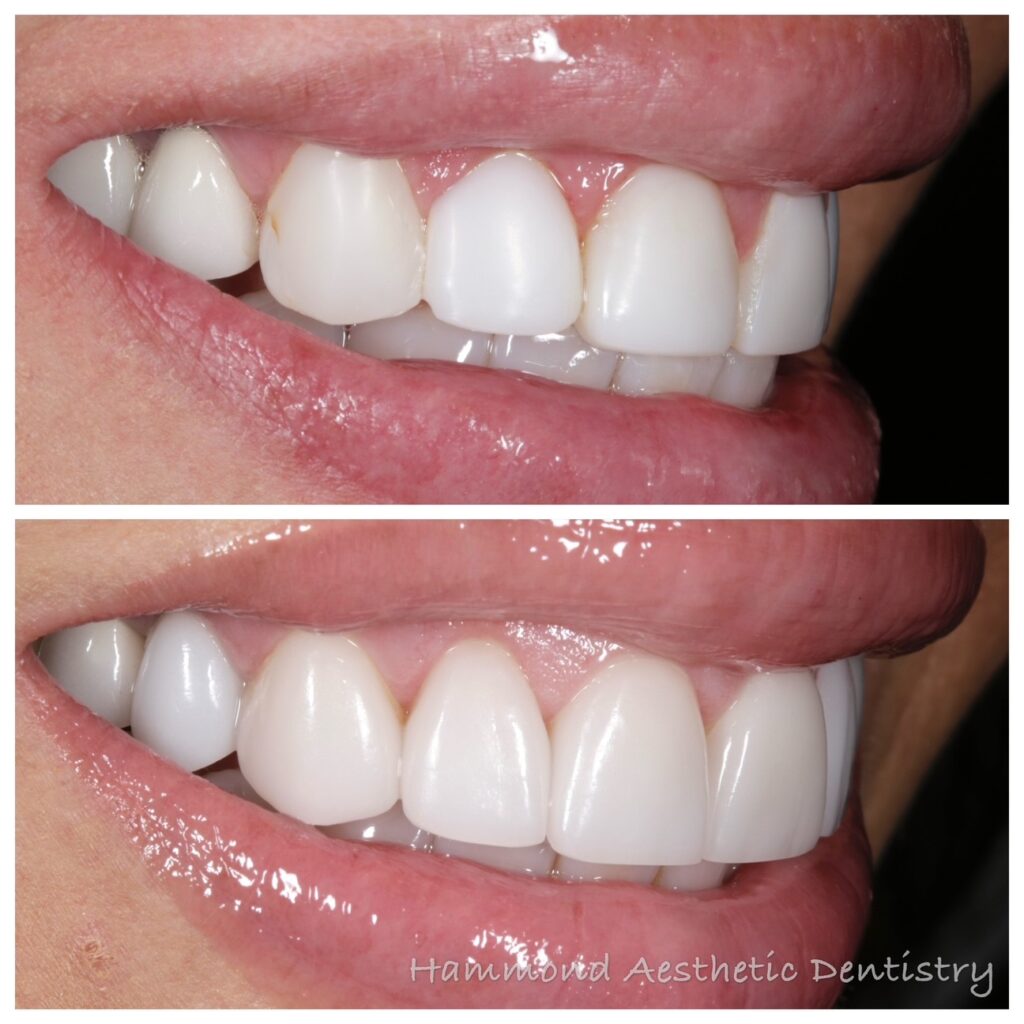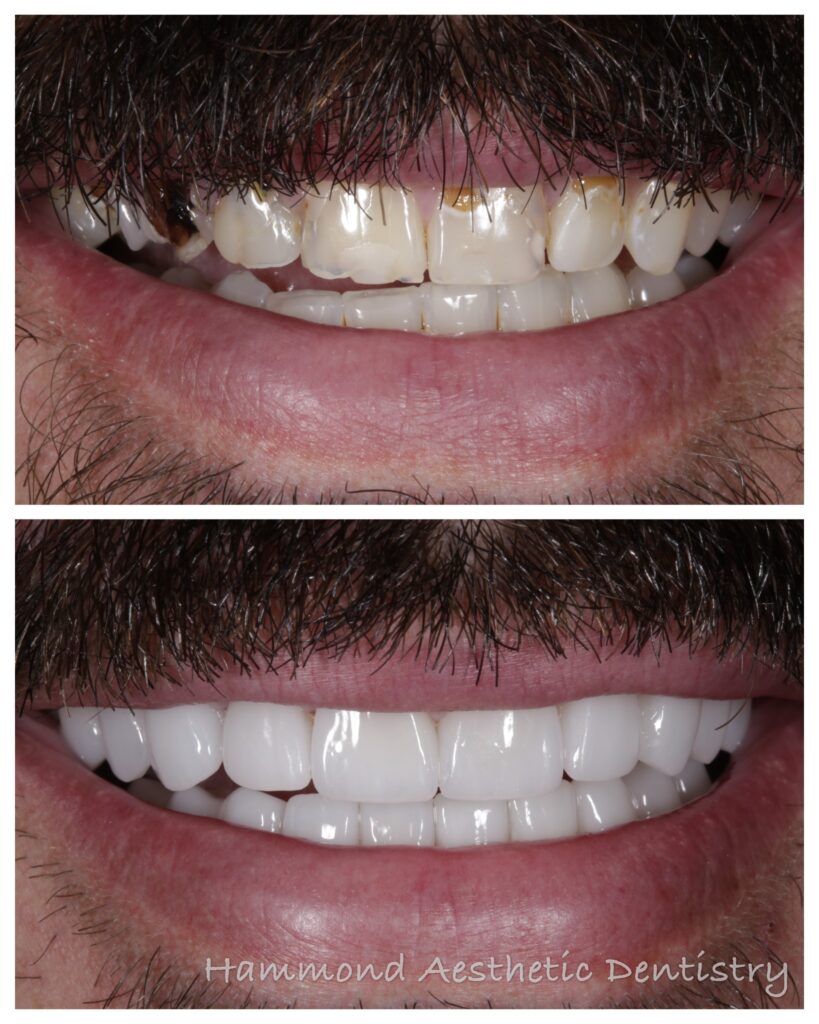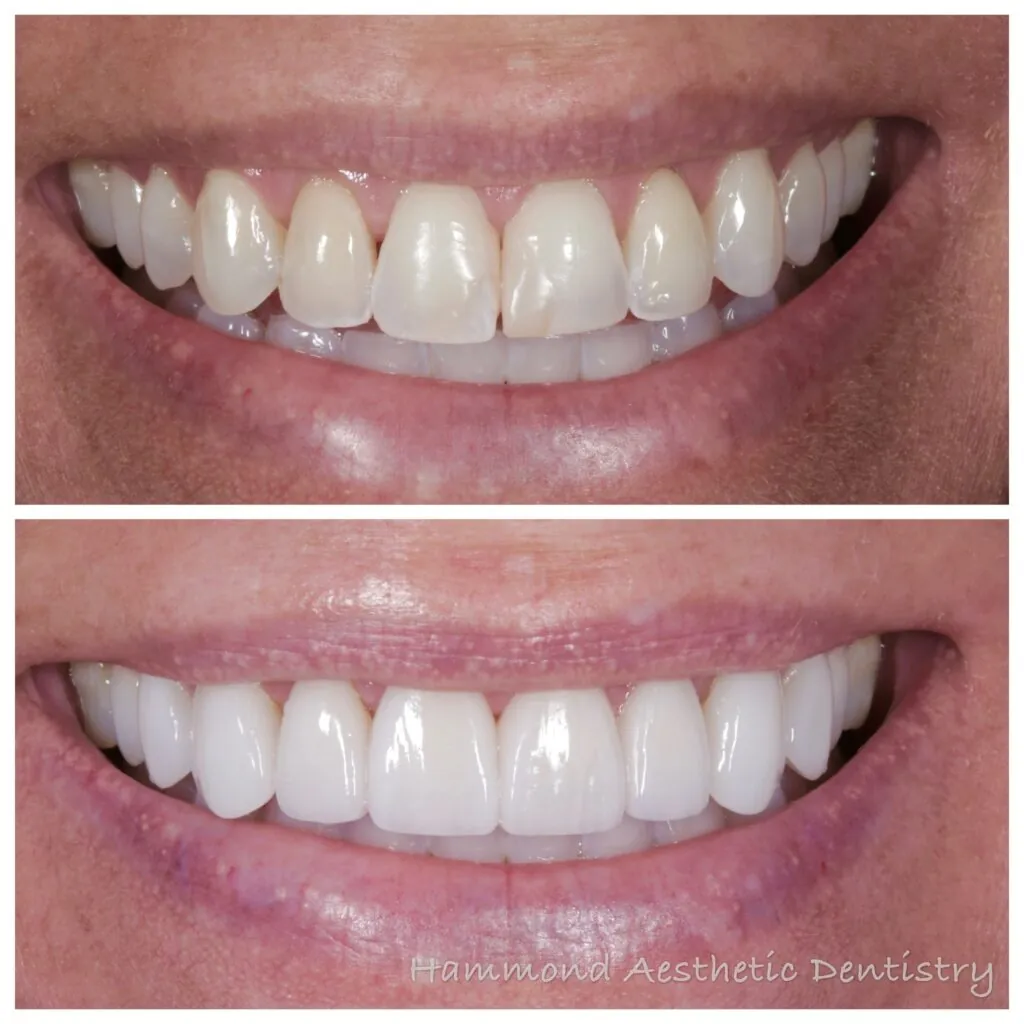High sugar infancy can mean adult sugar dependency
Dental habits start forming at about four months, or at about the time when the baby switches from breast milk or infant formula to other foods, reports the Academy of General Dentistry, an organization of general dentists dedicated to continuing education.
This is also the age that a baby’s first tooth erupts, and the types of foods that are introduced to the baby at this time can affect a lifetime of dental health. In fact, a strong correlation has been found between the use of sweetened drinks in infancy and the consumption of sugar-containing snacks in later years.
“The eating habits of adults are formed at weaning, so it’s important for the baby to develop good eating habits that will affect the dental health,” says Heidi Hausauer, DDS, FAGD, a spokesdentist for the Academy of General Dentistry. “Sugar is known to cause cavities throughout a lifetime, and the earlier an infant gets used to sugar, the easier it is to get hooked on high-sugar snacks as an adult.”
Fruit juices, for example, are high in sugar and should only comprise 10 percent of the baby’s diet, yet one British study shows that 19 percent of the average child’s diet in England is comprised of fruit juice. Fruit drinks can cause enamel erosion, and a baby should never be allowed to fall asleep with a bottle of fruit juice because the sugary liquid bathes the newly erupted teeth in a cavity-causing substance which can cause baby bottle tooth decay.
“Drinks other than water should not be continually sipped throughout the day and should be served at mealtimes–never at bedtime,” says Dr. Hausauer. ” Children given high-sugar medicines regularly at bedtime are also at risk of forming cavities.”





